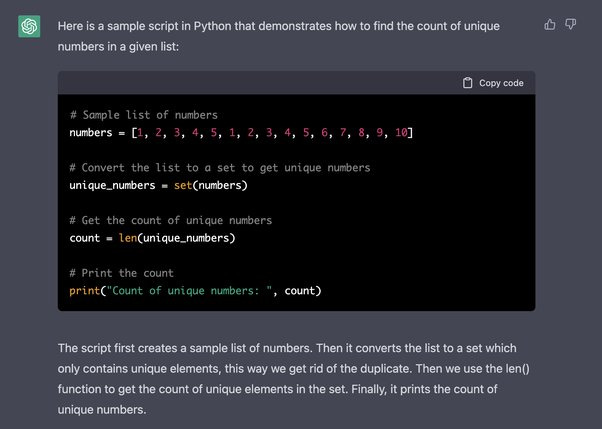How AI will change the 9-5 Job!
how AI automation is poised to revolutionize our daily tasks, making our workday more efficient and dynamic. Discover the solutions, challenges, and exciting developments in this ever-evolving field.
1. Scope of AI in My Routine
My workday primarily revolves around programming, dedicating 8 to 10 hours a day to coding. Additionally, I handle filmmaking tasks and manage this YouTube channel, which involves shooting, editing, and various operational activities.
I've identified two tasks within my daily routine that could be effectively outsourced to AI.
Coding Assistance: While I remain the architect of the applications I develop, there are instances where I can envision how code should be written. Instead of manually typing it, I believe I should be able to explain my intentions to an AI, which can generate the code for me. This is already possible to some extent using AI models like ChatGPT.
Video Editing and Channel Management: Video editing and managing a YouTube channel involve a lot of manual work, from reviewing videos to analyzing performance data. An AI could monitor my channel, recommend thumbnail and title changes, and handle some editing tasks, reducing my involvement in these aspects.
2. Current Limitations of AI
Before we delve into the potential solutions and the future, it's essential to acknowledge the limitations of current AI technologies.
Time Limitations of ChatGPT: While ChatGPT is a powerful tool, it has its limitations. It might not understand newer programming libraries or offer outdated syntax. This issue is expected to be resolved as AI models improve over time.
AI's Text-Centric Nature: Current AI models primarily understand text and lack the ability to comprehend other data types like video, files, or computer interfaces. Integrating these capabilities into AI systems is a challenge.
Static Nature of AI: AI systems typically respond to specific queries but don't proactively seek solutions or identify problems independently. They lack the dynamic problem-solving abilities that humans possess.
Lack of Chaining in AI: Most AI models provide discrete responses to queries and don't naturally chain tasks together. This limits their ability to handle complex, multi-step tasks seamlessly.
3. Solutions !
Refer to the above video to know possible targets and solutions.
4. Companies and Projects to get Started !
If you're interested in this evolving field of AI, here are some companies and projects worth keeping an eye on:
Langchain: Langchain allows you to create agents that can offload tasks to other agents, making it a powerful tool for context-aware automation.
smolAI: This project focuses on generating code for specific websites and can iteratively improve the code based on user feedback. It's a great example of AI-assisted web development.
Private AI Models: Keep an eye on companies developing AI models that respect user privacy by hosting them privately. This addresses concerns about data privacy and AI usage.
In conclusion, the future of work, especially in fields like programming and content creation, is set to be transformed by AI. The limitations of today are being actively addressed, and we can expect more capable and dynamic AI systems in the near future. By staying informed and exploring projects like Langchain and smolAI, you can be at the forefront of this AI-powered revolution. I'm optimistic about the potential benefits this will bring to my workday and to many other industries. Let's keep an eye on these developments and see how they unfold in the coming months and years.



Sir pls let us prepare for gsoc by making a seperate course dedicatedly done for them
Pledge amount you can say other amount sir may be one time 10 or 20 etc